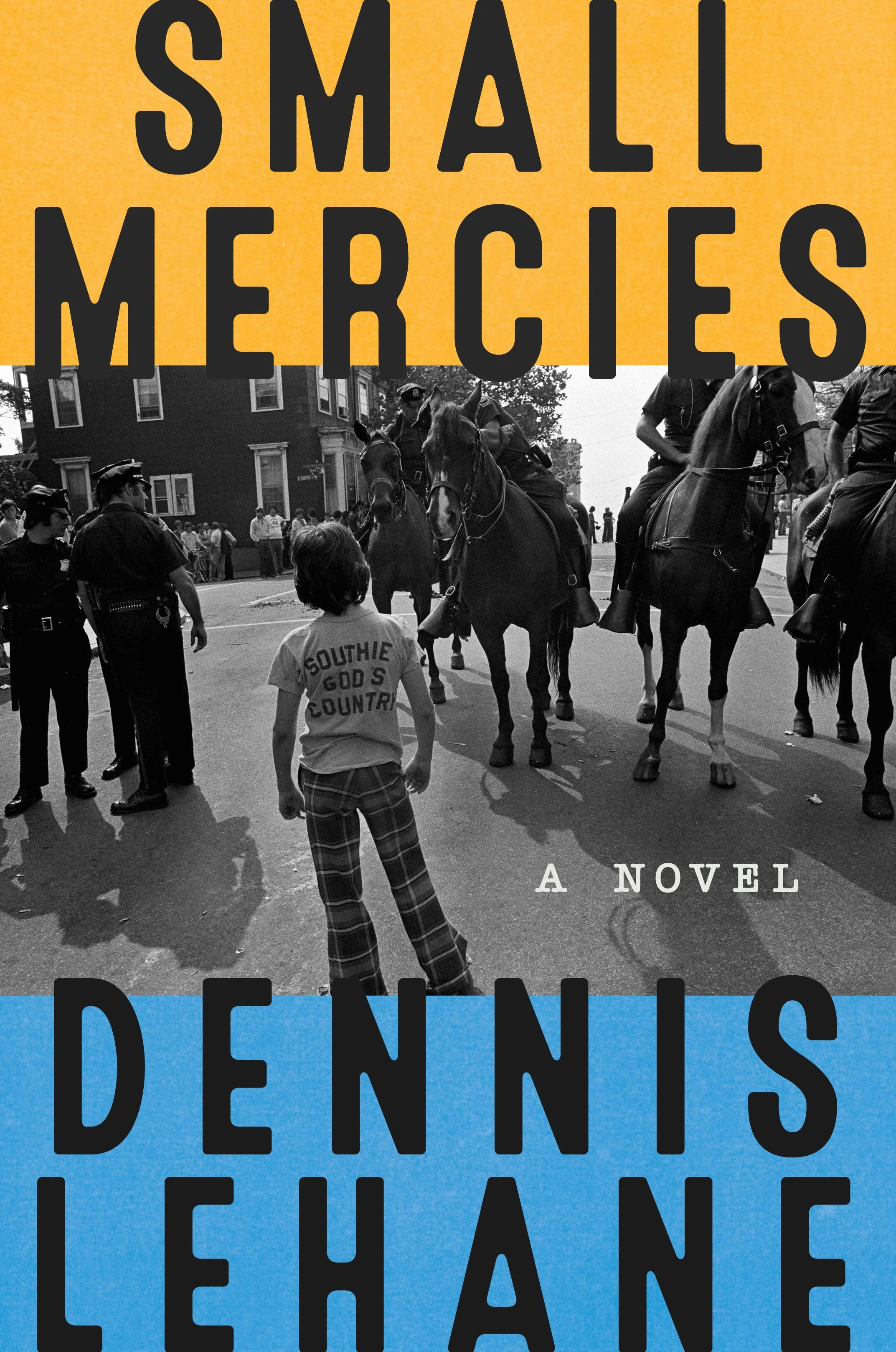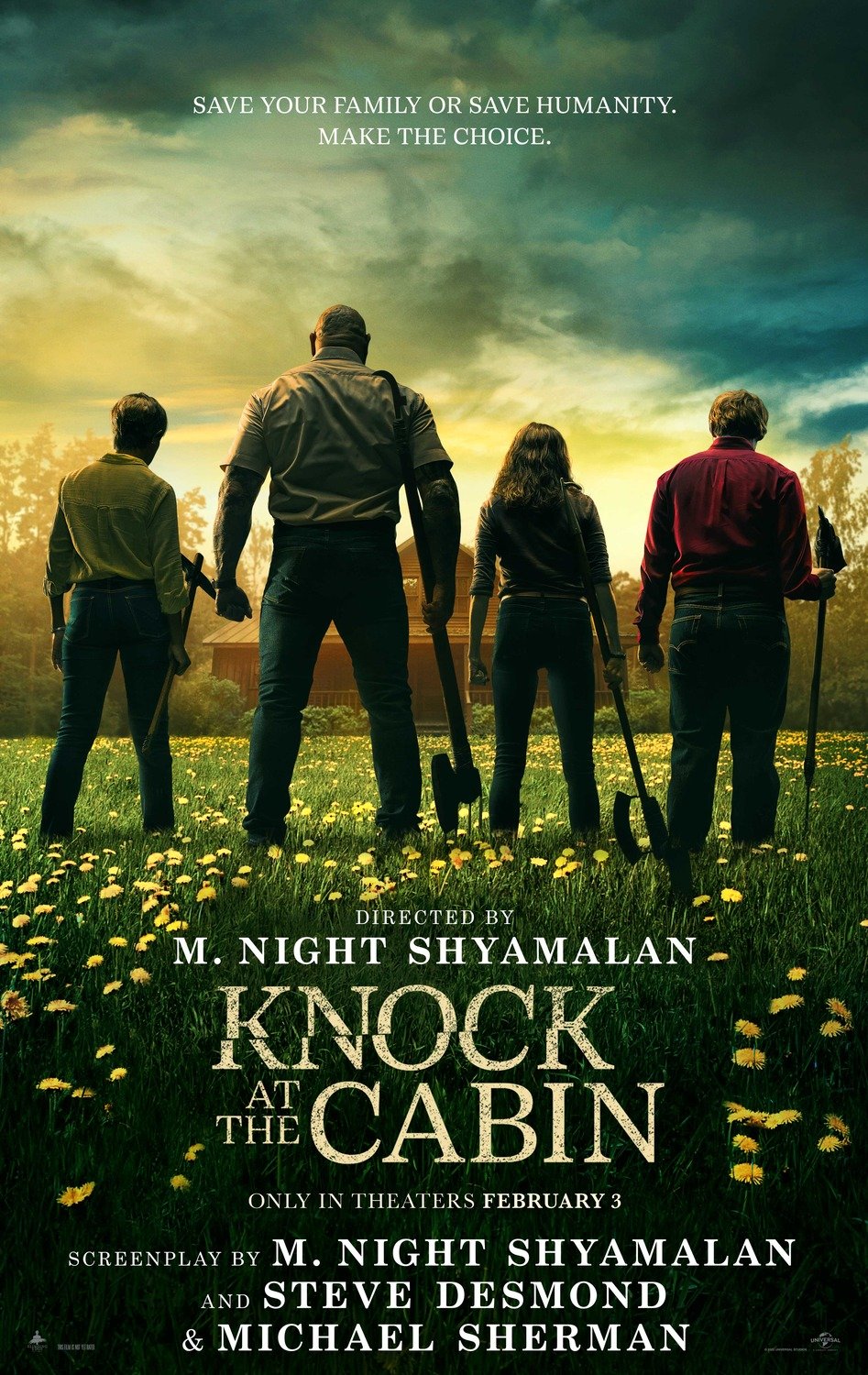Book Review : Dennis Lehane - Small Mercies (2023)
"I'm not a person anymore, Bobby. I’m a testament." (p. 233)
It's been awhile since Dennis Lehane nailed it. The author if Mystic River, Shutter Island, The Drop and Gone Baby, Gone was the most interesting man in mainstream fiction in the early 00's and then, he just kind of lost it. His mid-century Irish family trilogy was overly contemplative, complicated and history accurate to the point of being jarring, but Lehane hit a low point with Since We Fell in 2017. This novel was so bad, it made me question whether he had the literary yips. He disappeared into TV writing for years after.
Small Mercies put some of my worries at rest, but not all.
This new Dennis Lehane novel is set in the 1970s and tells the story of Mary Patricia Fennessy, a twice-divorced single mother living in South Boston. When her daughter Jules disappears, the gritty and forlorn Mary Pat embarks on a quest to find her and she is quickly confronted to the fact Jules and her friends might've committed a hate crime on a young black kid on the night she was last seen. Broken by one tragedy too many, Mary Pat will run into a brick wall in order to clear her daughter's name.
"Most people we know are like dogs— there's loyal ones, mean ones, friendly ones. But all of it, good and bad, comes from the heart."
"What kind of dog is George Dunbar?"
"None," Kenny said. "He’s a fucking cat." (p.45)
Mary Pat Fennessy and the (Not So) Subtle Are of Not Giving a F*ck
So, Small Mercies is overall good. It reminded me of why I once liked Dennis Lehane novels so much. I wouldn't call it consistent or even a return to form, but it's the best thing he's written since The Drop in 2014. It's not even in the same league as The Drop, but you sometimes peek at the same author when reading Small Mercies, which is awesome. These moments mostly come through the novel's protagonist Mary Pat Fennessy. What makes this woman spellbinding is that she truly doesn't give a fuck.
Mary Pat doesn't give a fuck anymore, but not in a cool, badass way. Losing the one thing that attached her to a peaceful existence sends a woman without a history of violence or criminal behaviour into a reckless tailspin leading her towards the darkest corners of South Boston. While Lehane heavily romanticizes what it is to live in a criminalized, working class neighbourhood, there's an alchemical quality to witnessing a bitter, but harmless woman becoming weaponized by her own heartbreak. It's oddly empowering.
An interesting veteran move Dennis Lehane pulled is having Mary Pat understood through the gaze of police detective Bobby Coyne. Coyne himself is a boilerplate police character, but through him you can understand Mary Pat like she's coming off. You’re not bound to her perspective. That helps making her come off like the broken person she is and not some superpowered mother character that would have Jennifer Lopez interpret her in a disastrous movie adaptation. It's subtle, but it's crucial to making Mary Pat relatable.
Since birth, Ken Fen had no choice but to buy into the violence. He just never bought into the hate (p.55)
About that whole racism backdrop
….yeaaah this is where Small Mercies is a little clumsier. What is with white authors wanting to solve racism in their novels and then having a white person sacrificing herself to the Gods of racial equity? I mean, the way Dennis Lehane tackles the problem is smart for most of the novel. His white characters are racist, some knowingly and some not, and they’re causing a shitload of problems that are both evident and elusive. It’s very much an outdated version of racism, but the treatment feels real.
Where I'm less enthusiastic is that this is very much not a novel about racism. Small Mercies is a quite simple, straightforward white-girl-has-disappeared novel. It's well-executed for what it is, but it's a cliché genre. This while racism backdrop is just a prop to make the novel feel a) historically appropriate and b) relevant to our psychosocial context. This problematic is used to borrow credibility for Small Mercies and I'm not down with that. If you're not gonna do something properly, don’t do it at all, you know?
*
I had a good time with Small Mercies. The last fifty pages or so in particular deliver a level of catharsis I hadn't experience in a novel in a long time. It is formulaic, predictable and yet obviously executed by a master at his craft. Small Mercies very much feels like something Dennis Lehane had to do in order to get his fastball back. While the whole social justice thing felt exploitative, but I'm ready to forgive him if it doesn't become a thing in the follow up novels. It fulfills the expectations, but doesn’t subvert them.






